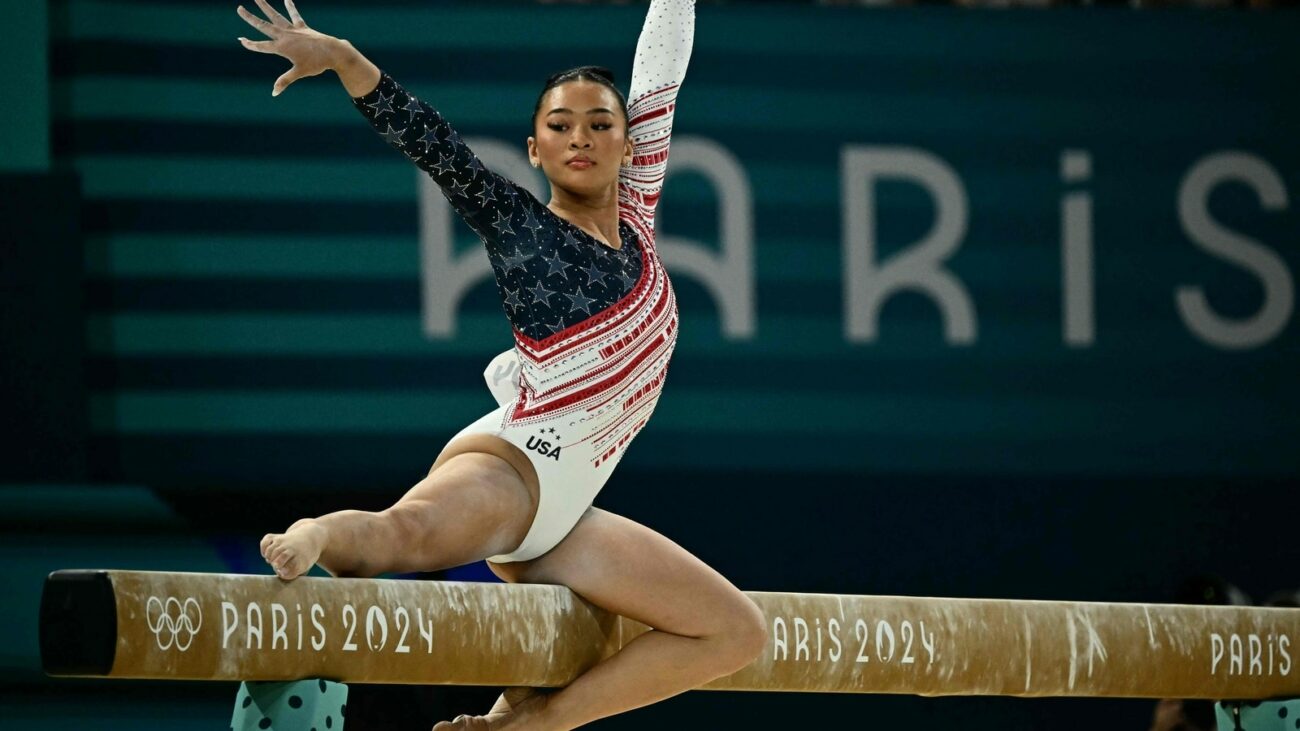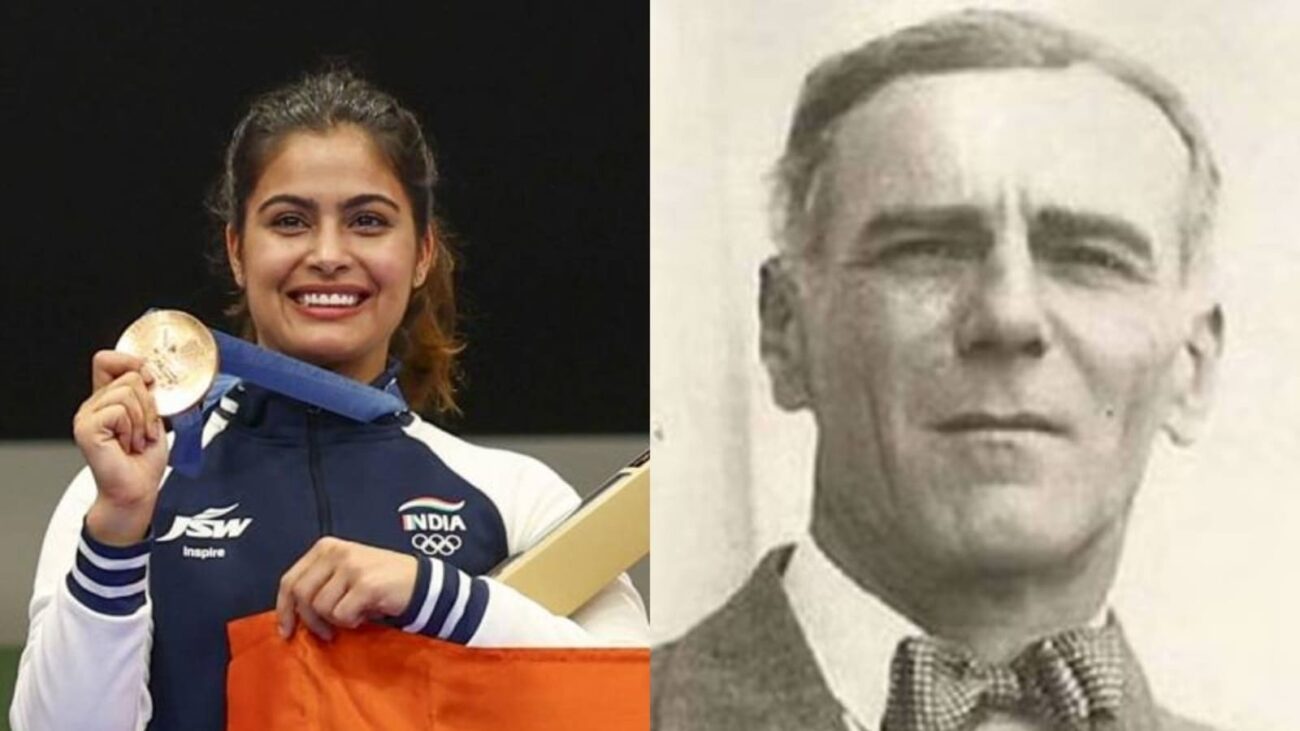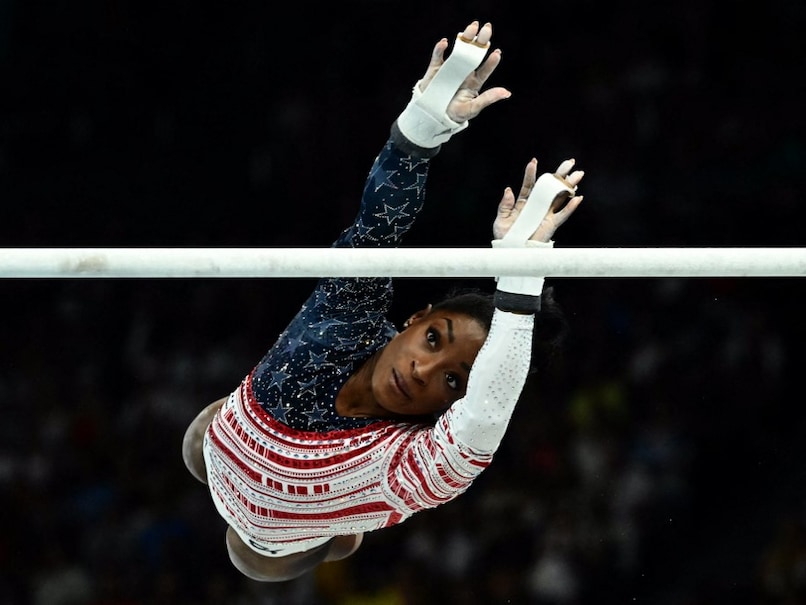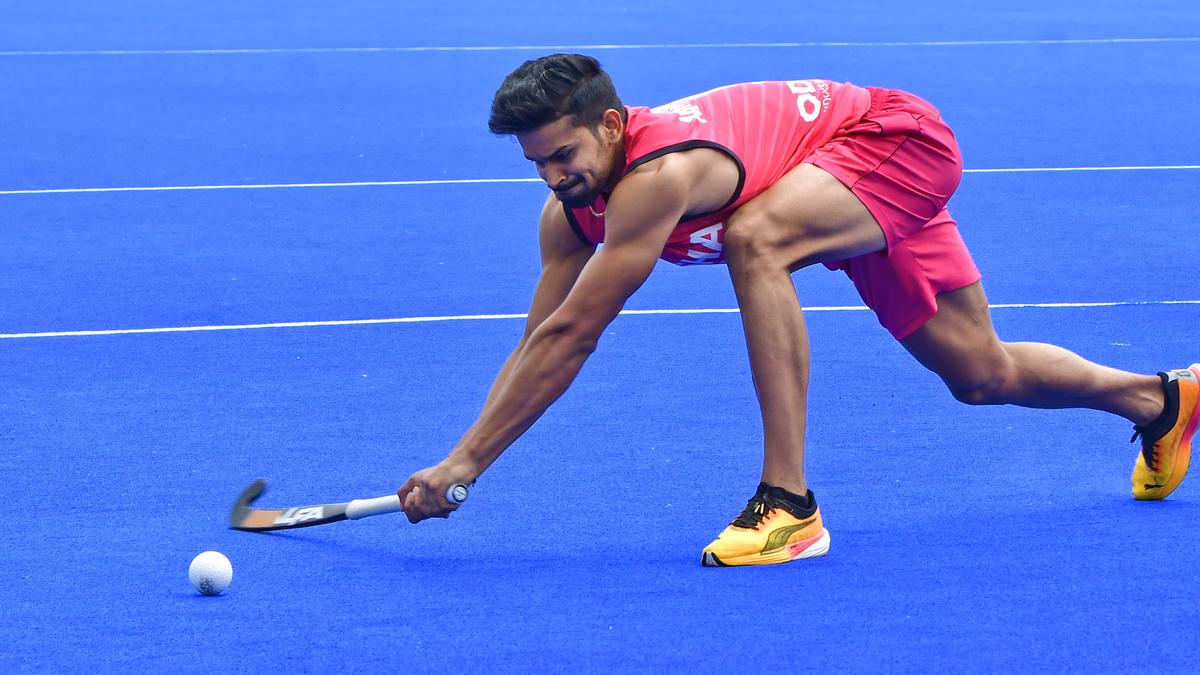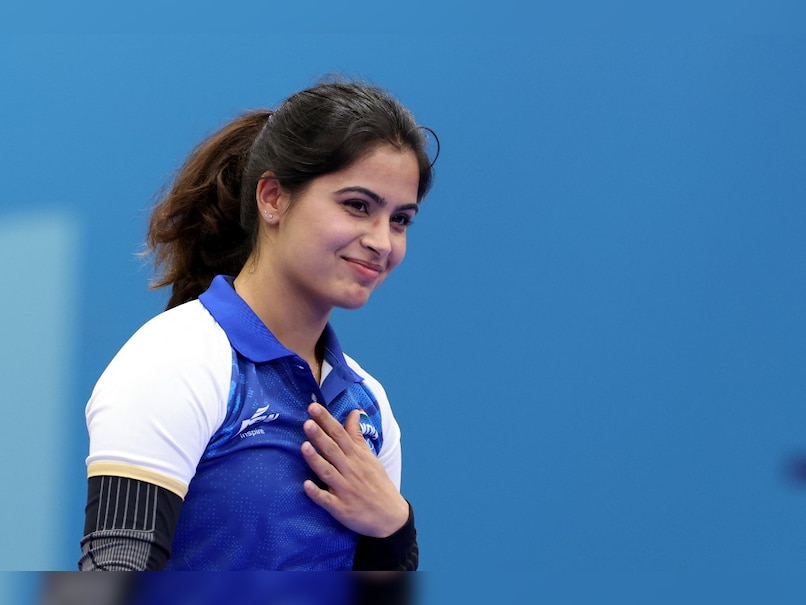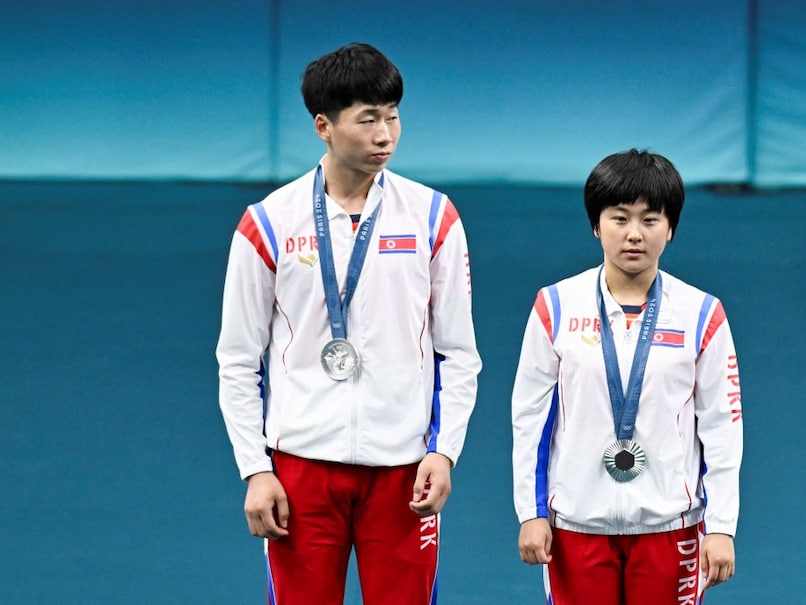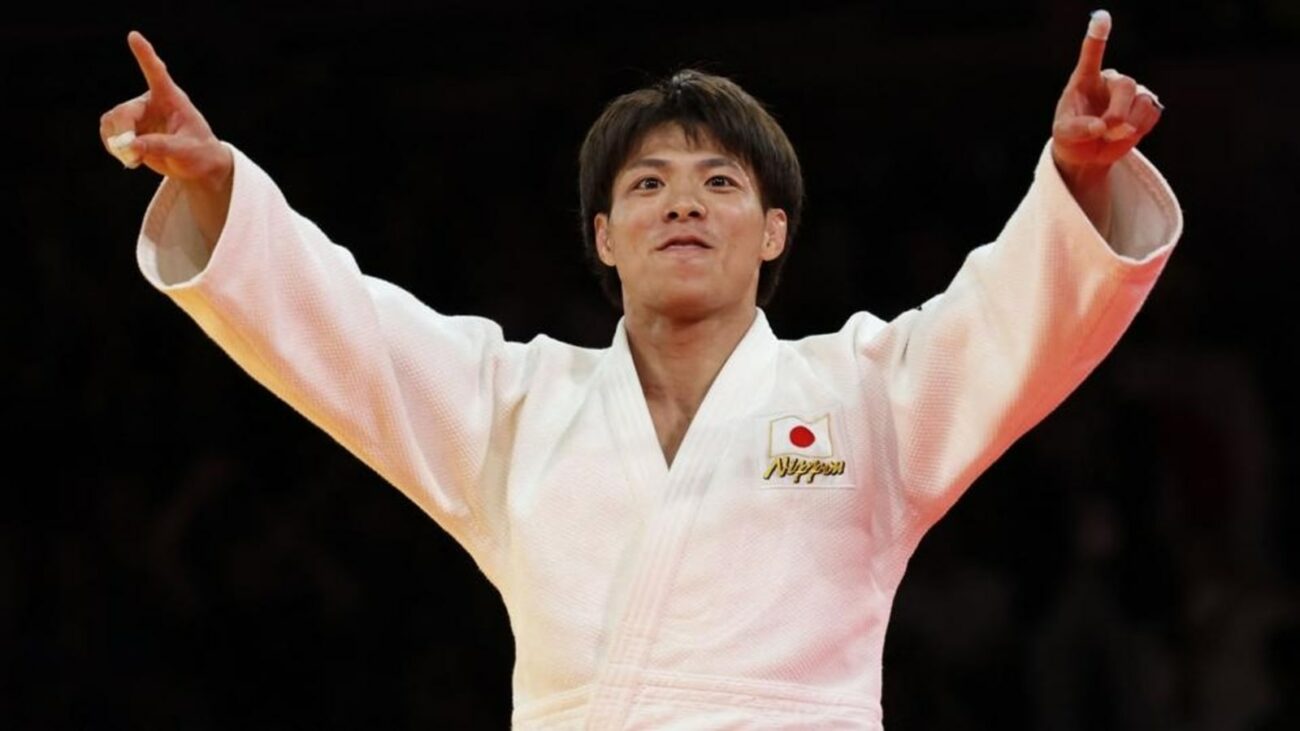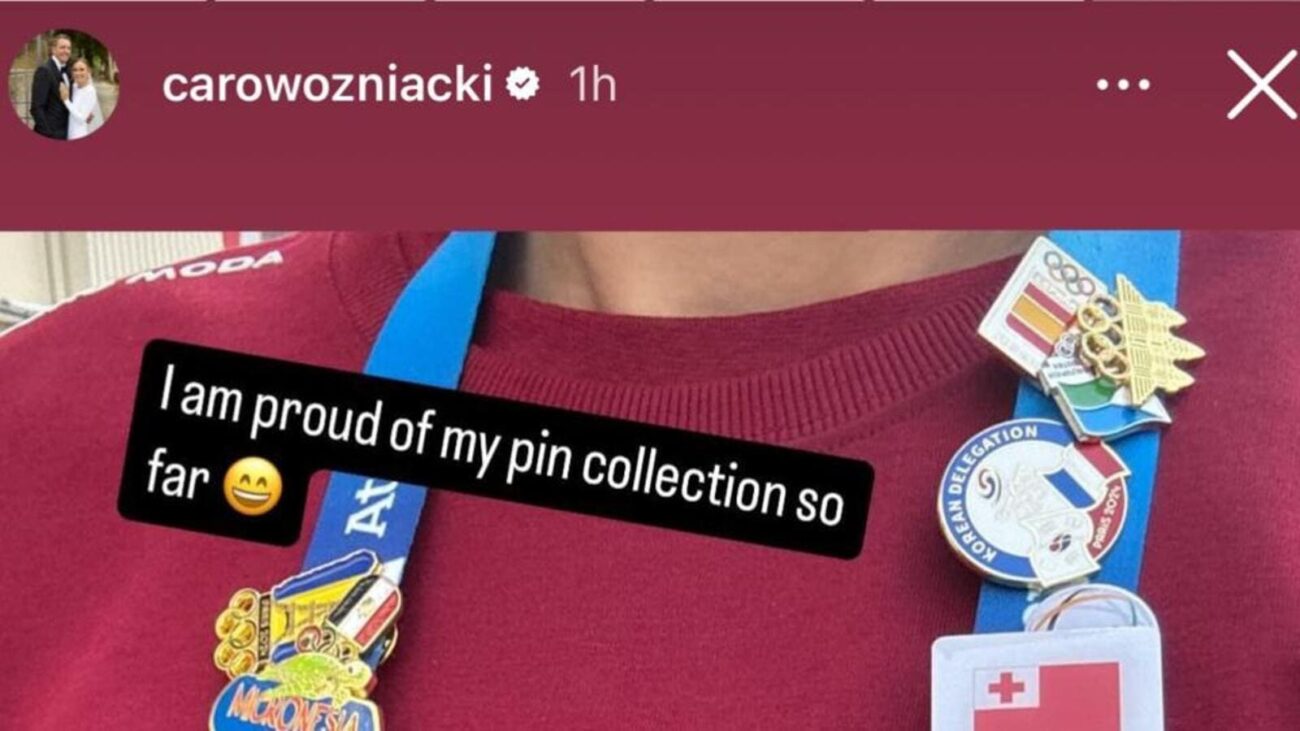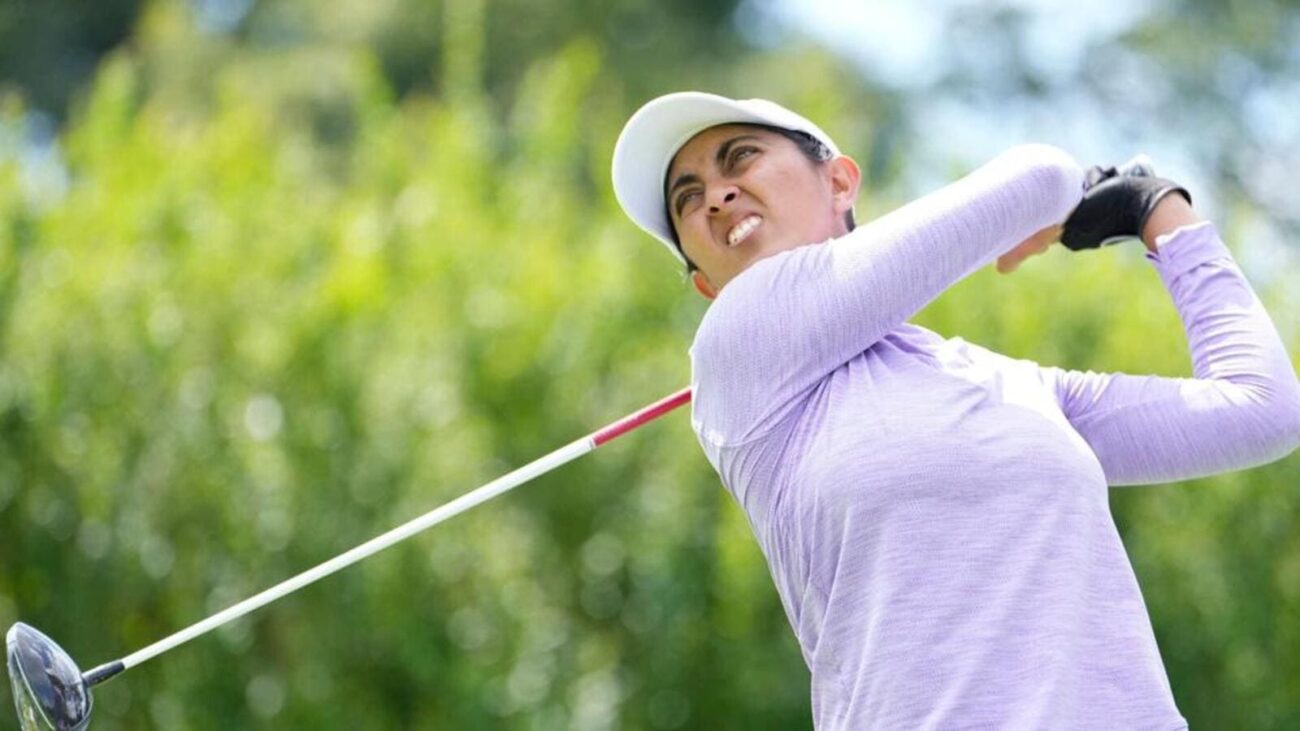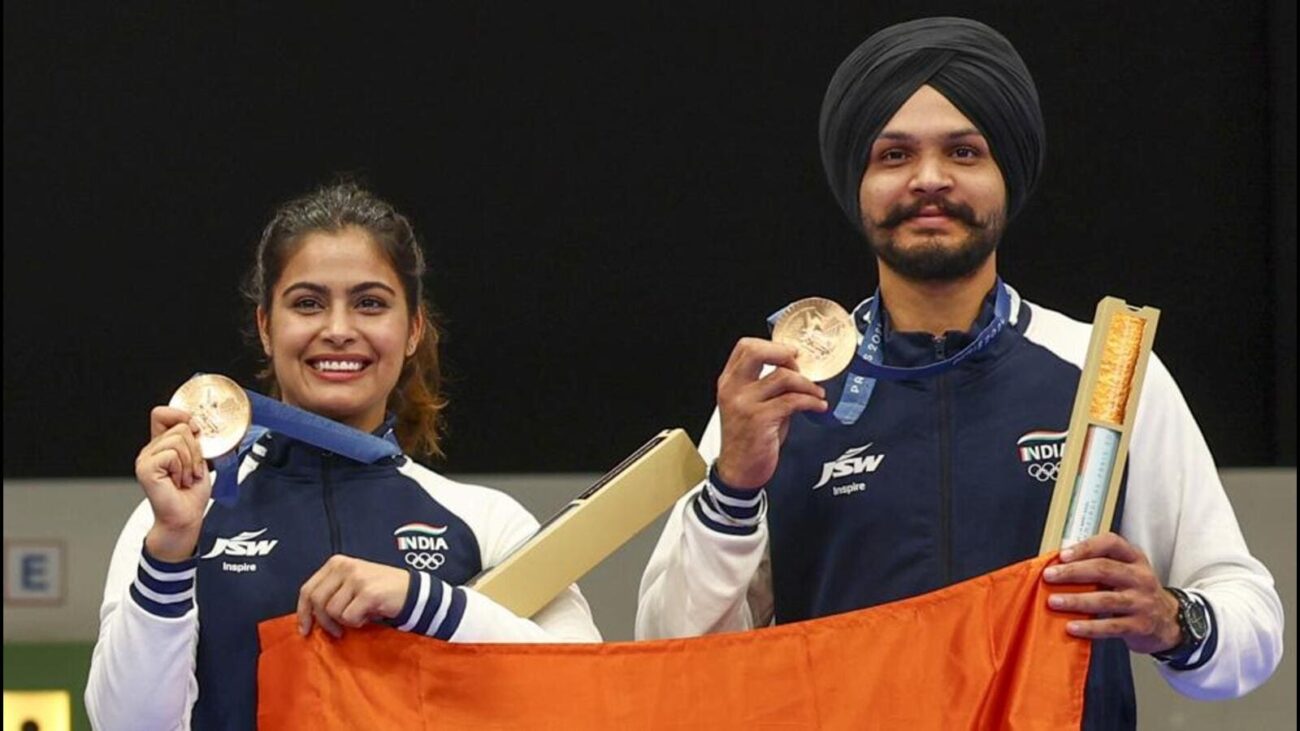Suni Lee’s Triumphant Comeback: Overcoming Adversity to Olympic Gold
Suni Lee’s Olympic journey has been a rollercoaster of triumphs and challenges. After winning the all-around gold medal at the Tokyo 2020 Games, she faced intense scrutiny and online harassment. Amidst this, she was diagnosed with two incurable kidney diseases in 2023, forcing her to withdraw from college and halt her gymnastics training.
The diagnosis was a devastating blow to Lee, who feared her gymnastics career was over. However, with the support of her family and coaches, she returned to the gym in early 2024. Despite the lingering effects of her kidney disease, Lee persevered, determined to prove herself once again.
On Tuesday, Lee made a triumphant comeback at the Paris 2024 Olympics. Competing in three rotations, she helped Team USA secure the gold medal. Her performance was a testament to her resilience and unwavering spirit.
Lee’s journey is an inspiration to anyone facing adversity. She has shown that with determination and support, it is possible to overcome challenges and achieve one’s dreams. Her story is a reminder that even in the face of setbacks, hope and perseverance can prevail.

